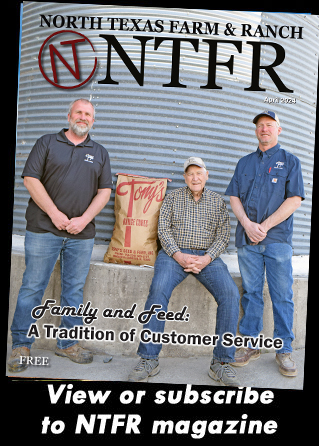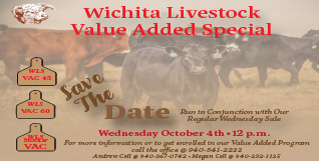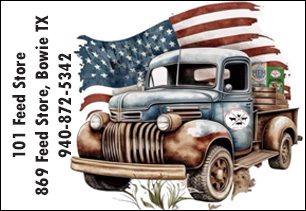Farm & Ranch
Mycoplasma ovis
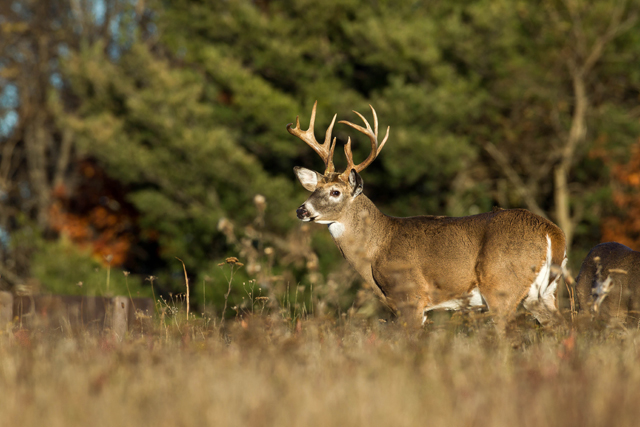
By Barry Whitworth, DVM / Area Food/Animal Quality and Health Specialist for Eastern Oklahoma
Mycoplasma ovis, which was formerly known as Eperythrozoon ovis, is a blood parasite that infects sheep, goats and deer. The organism attaches to the surface of red blood cells. This results in the cell being destroyed by the animal’s immune system. This can lead to anemia, icterus, dark colored urine, and death. Additional problems associated with anemia are weight loss and bottle jaw, which could easily be confused with gastrointestinal parasites, commonly referred to as “worms.”
Most small ruminants infected with the bacterium will not have any clinical signs but become lifelong carriers of the organism. The disease tends to be a greater problem in young, immune naïve, immunocompromised, and pregnant animals. Infections in lambs/kids can result in poor weight gains and stunted growth.
To read more pick up a copy of the November 2020 NTFR issue. To subscribe call 940-872-5922.
Farm & Ranch
Ag Elsewhere: Wyoming
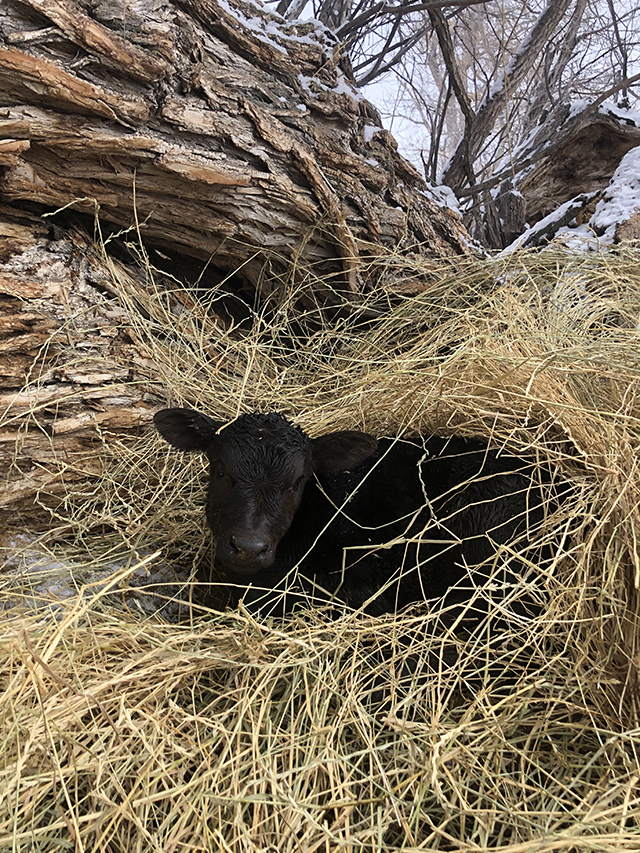
By Tressa Lawrence
Babies are tucked away in every nook and cranny. Many ranchers across Wyoming have baby animals popping up all over this time of year.
Farm & Ranch
Ag Elsewhere: Montana
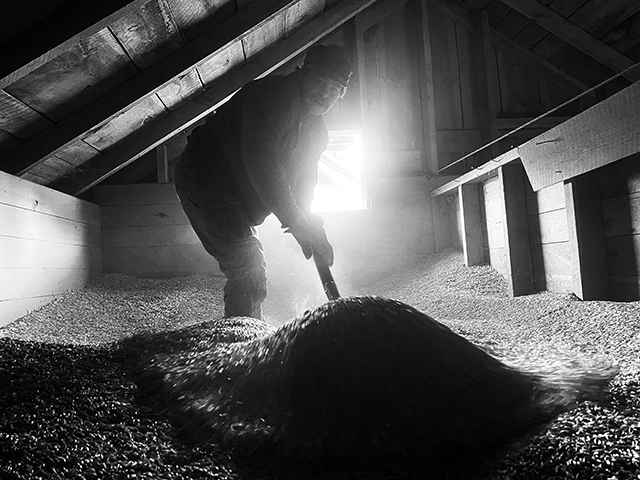
By Lindsey Monk
Another load of grain in to keep feeding the calves until the green grass can really start popping.
Farm & Ranch
Meanwhile, Back at the Ranch….
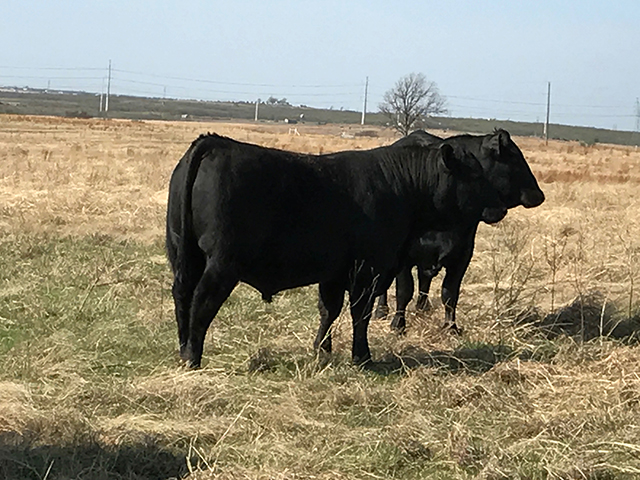
By Rayford Pullen | [email protected]
Spring has sprung and hopefully the rains will continue where our country will heal from the previous droughts and our grasses will thrive. We are especially hopeful for the Panhandle of Texas where our neighbors and friends have been dealt a deadly blow to homes, ranges, livestock, and people. Keep them in your prayers as they will not be able to return to normal for many years if at all. Having lost their ability to benefit from this great cattle market is a double whammy for all of them.
Now is the time of year when we need to take care of business as it relates to our new calves that have been hitting the ground this spring. First and foremost is vaccinating for Blackleg followed by deworming with a white wormer and the IBR complex. Blackleg is a soil-born disease and with pastures extremely short this spring our calves have been grazing the green grass as soon as it shows itself, making them even more vulnerable to picking contaminates from the soil.
To read more, pick up a copy of the April issue of NTFR magazine. To subscribe by mail, call 940-872-5922.
-

 Country Lifestyles1 year ago
Country Lifestyles1 year agoScott & Stacey Schumacher: A Growth Mindset
-

 Equine7 months ago
Equine7 months agoThe Will to Win
-

 Country Lifestyles7 years ago
Country Lifestyles7 years agoStyle Your Profile – What your style cowboy hat says about you and new trends in 2017
-

 Country Lifestyles4 years ago
Country Lifestyles4 years agoAmber Crawford, Breakaway Roper
-

 HOME7 years ago
HOME7 years agoGrazing North Texas – Wilman Lovegrass
-

 Country Lifestyles7 years ago
Country Lifestyles7 years agoDecember 2016 Profile, Rusty Riddle – The Riddle Way
-

 Country Lifestyles8 years ago
Country Lifestyles8 years agoJune 2016 Profile – The man behind the mic: Bob Tallman
-

 Country Lifestyles8 years ago
Country Lifestyles8 years agoCowboy Culture with Clay Reid – Being a Man

